
Feel free to add tags, names, dates or anything you are looking for
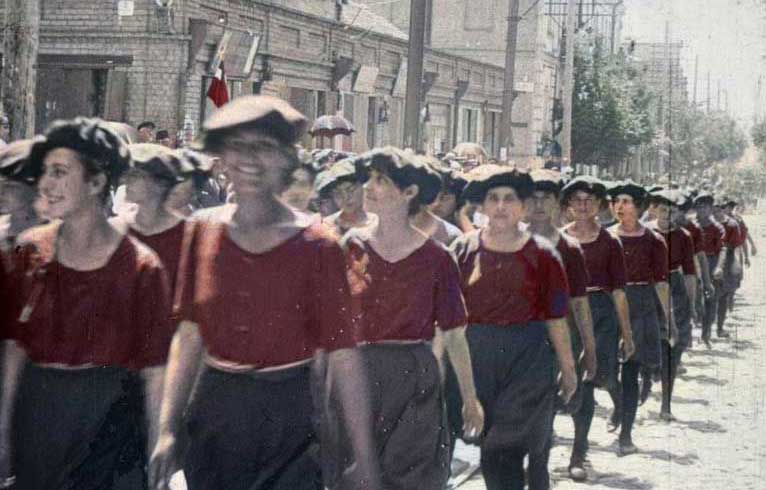

May 26 is the day!
This is probably the most beautiful day in Georgia.
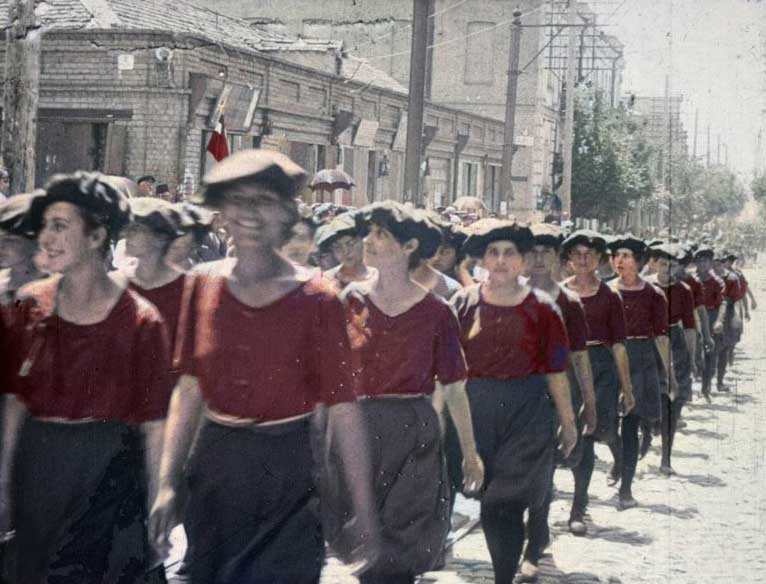
"Shevardeni" female gymnasts on May 26 - 1919
Politics may not necessarily be the whole story, notwithstanding the symbolic meaning of the date or the pleasant celebrations in the past and the present. The beauty of the day may be connected with the weather, and the fact that May is the final month of spring and its last days in particular make us reflect on what cannot be turned back and what a better future might look like, or at least hope for one. This month has always been sweet and delicious in Georgia.
According to classic writer Alexandre Kazbegi (1848-1893): “Dark and withdrawn winter has long since passed, and taken with it the lead-colored clouds associated with sadness.”
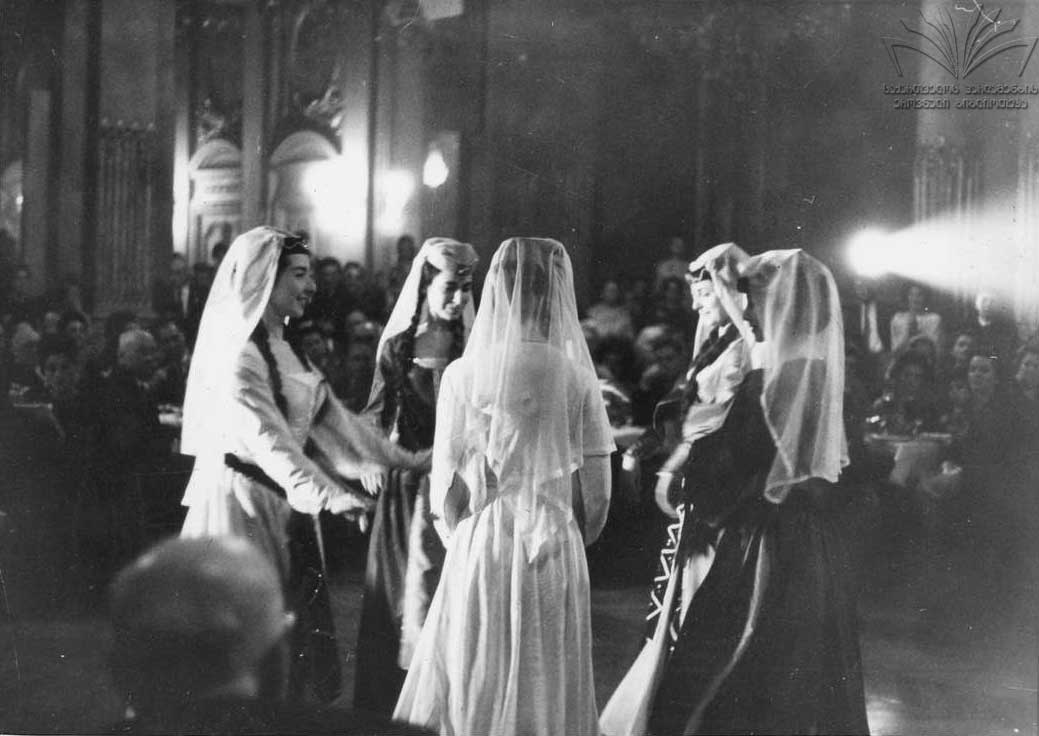
Celebration, dedicated to the Independence Day of Georgia in Paris
This sentence offers a hint at Georgia’s expectations and special celebrations. May 26 remains a date linked to a political event: this is when Georgia first declared itself a Democratic Republic – a fact that became a mere fairy tale during Soviet times. Georgia and its two ancient capitals of Tbilisi and Kutaisi were part of the Russian Empire from 1801. If we delve deeper into history, it becomes obvious that this status did not result from a willful act: hopeful of Russian aid during conflicts with the Oriental empires, in the end Georgia unexpectedly became the Russian Empire’s southern appendix and outpost.
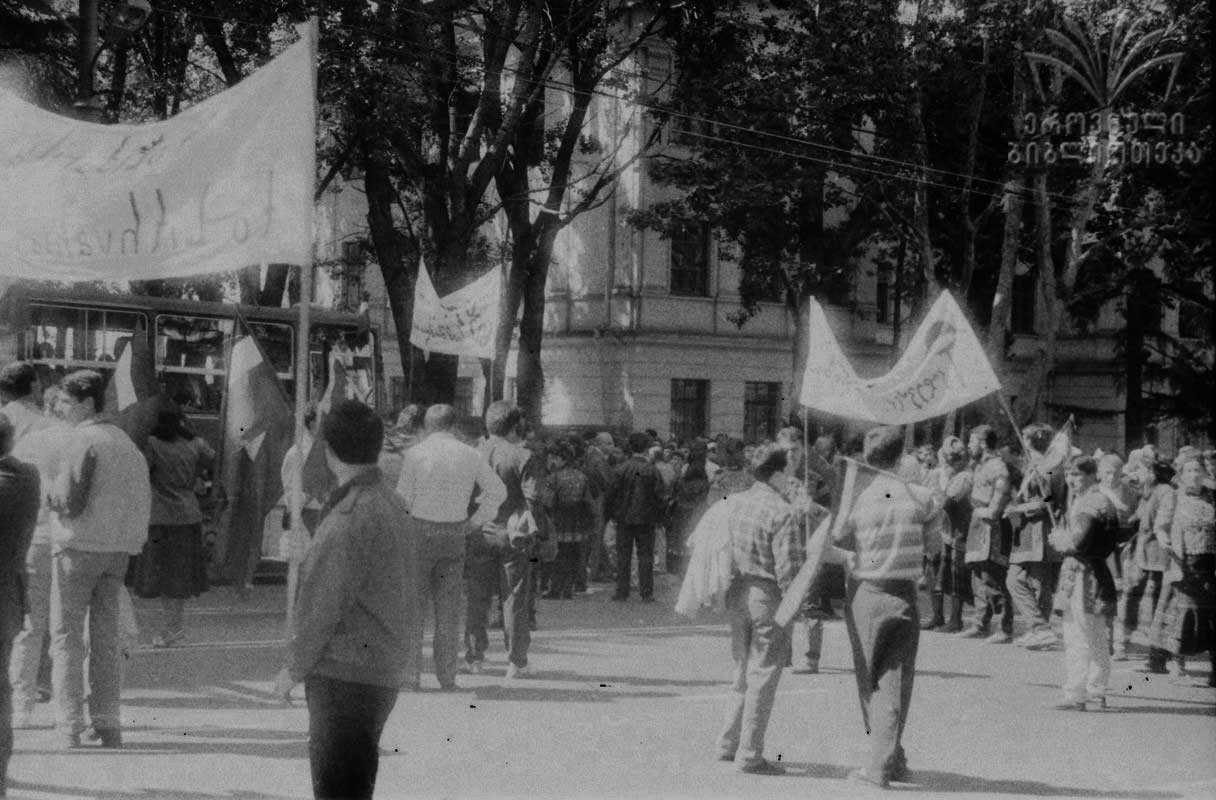
Celebration, dedicated to the Independence Day of Georgia. Streets of Tbilisi 1990
117 years later, however, the Russian Empire was involved in WWI for almost 4 years. Diverse underground or openly acting parties in Georgia, whether supporters of the British, the Germans or any other camp, agreed that notwithstanding the outcome of the war they would end up on one or another side of the participating nations. For them the main idea centered on the fact that this terrible war should result in the liberation of Georgia. Tens of thousands of people hoped for this.
The war was a disaster: Georgia participated on the side of the Russian army, while at the same time anticipating the regaining of its freedom. As such, towards the end of the war, following the collapse of the Russian Empire and after the establishment of a special committee under the temporary government of the former empire in the Caucasus, each and every person serving the newly-formed institution dreamed in his heart about the independence of the old homeland. At that time the Caucasus and predominantly Georgia were under attack from the Ottomans, who were hopeful of a new victory under the motto: "if you are no longer part of Russia, you should be part of our empire.
They moved and moved forward. Meanwhile the major cities of Russia had already been taken over by the Bolsheviks, whose superiority was never acknowledged by the representatives of the three Caucasian countries: Georgia, Armenia and Azerbaijan. The Bolsheviks tried to conquer the Caucasus with the help of the army that had returned from the Ottoman front. However, this attempt failed thanks to the commitment of Georgians and their specially formed troops, who did not allow the Bolshevik army to advance to the Tbilisi arsenal. Winter ended under great pressure from the Ottomans, leaving the country in the following political state of affairs: Germany, which was on the verge of losing the war, warned that in the event of Georgia declaring its independence, she would interfere and stop her Ottoman ally. Each issue of the political agenda was hugely interlaced with one other, but the three countries of the Caucasus declared their independence over the following three days. The leader of Georgia, Noe Zhordania, wrote both at the time and many years later that Georgia had “had” to announce its independence. The day turned out to be an amazing and unforgettable one, filled with joy and happiness. The news was announced just before 5pm in Tbilisi, at the former palace of the Tsar’s representative. It was later made public from the balcony of the Opera House, and almost instantly all the streets and corners of Tbilisi exploded in a celebration of such vast scale the political leaders could not even have imagined.
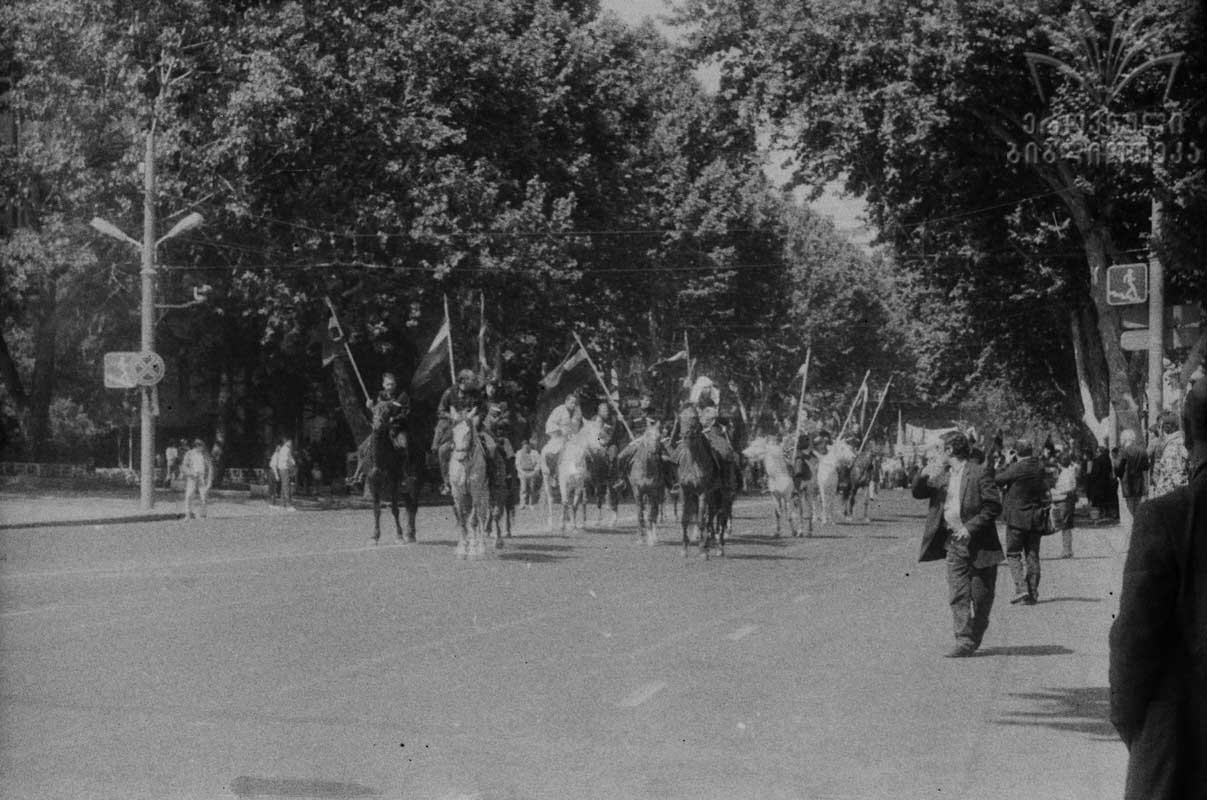
26 May in 1990
At that time numerous wine storehouses were left unsupervised. Georgia felt so free that current hardships were completely forgotten about. People took to the cemeteries and engraved on the tombs of their ancestors the words: ‘Father, your dream came true! Georgia has been liberated!’
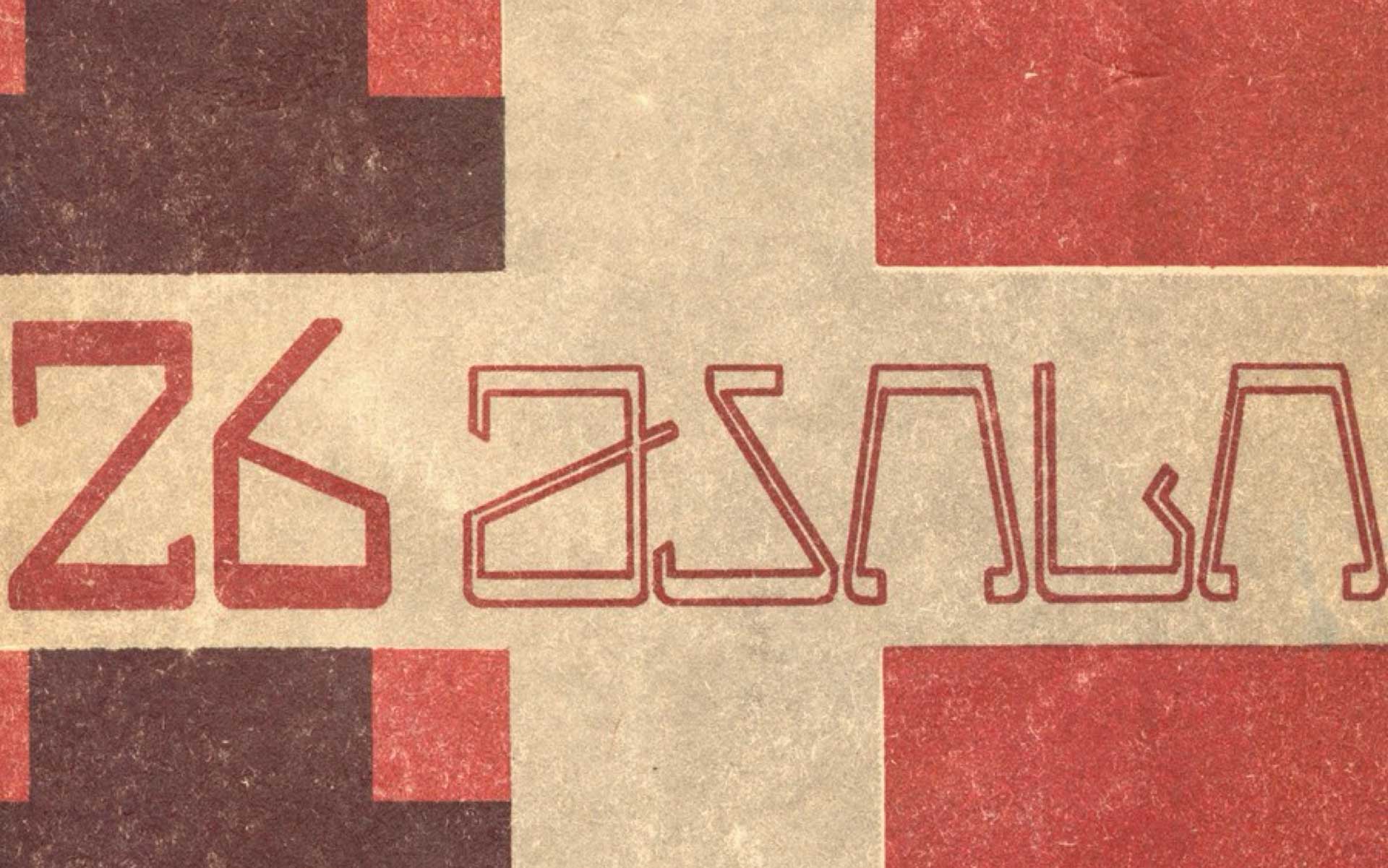
Author - Vlasa Mgeladze 1934
On the evening of the declaration of independence, Vlasa Mgeladze (Georgian social democratic revolutionary, 1868-1943) rushed to Mount Mtatsminda in his horse-drawn carriage and shouted to the graves: ‘Georgia is free, Georgia is free!’
Since that day the Georgian Republic has twice managed to celebrate May 26. Each time the day was more magnificent and beautiful than the previous one.